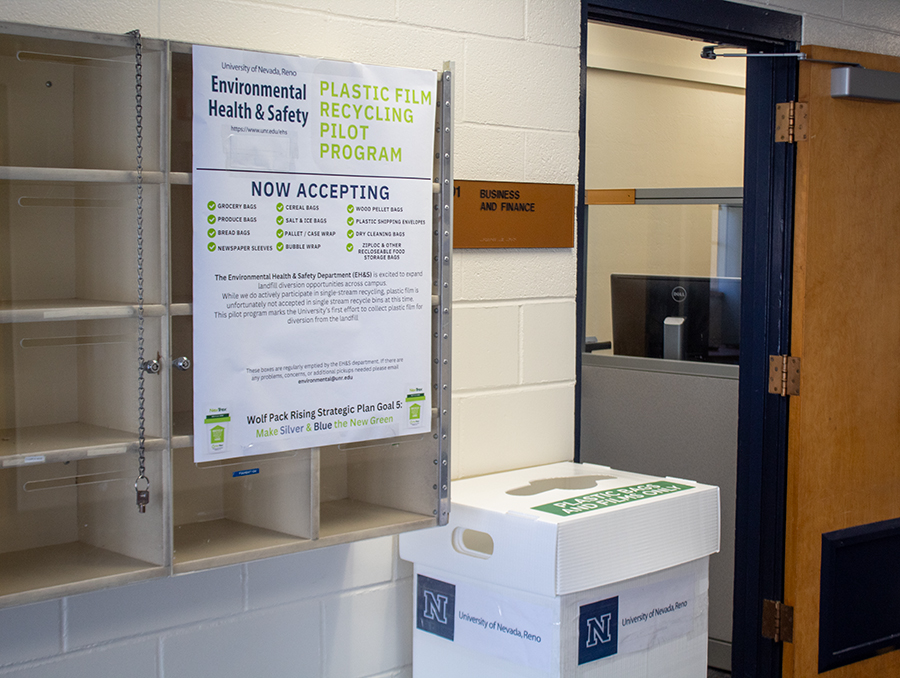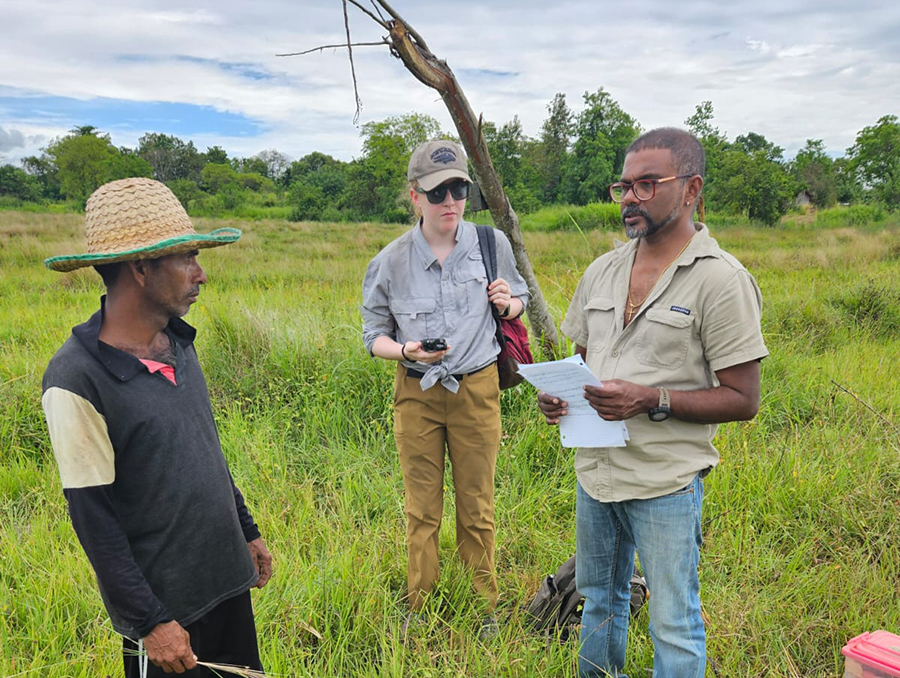Mechanical Engineering Assistant Professor Aditya Nair has received a three-year, $600,000 award from the U.S. Department of Defense (DoD) to estimate and control the aeroelastic instabilities of flexible swept wings, a project that could lead to more efficient, effective aircraft systems.
The funded project, “Cluster-based Estimation and Control of Turbulent Aeroelastic Flows,” will run through 2026, with $200,000 per year to support the research endeavors. Nair will be working with a colleague from the Mechanical Engineering department, Assistant Professor Floris van Breugel, on this effort. Nair and van Breugel collaborated back in 2021, when they were among the founding members of a new institute, AI for Dynamic Systems. For this project, their team will be rounded out with two Ph.D. students and a postdoctoral student.
Nair also won the Department of Energy Early Career Research award in 2022 for building better energy sources.
“This grant is yet another demonstration of Professor Nair’s excellence in research,” Mechanical Engineering Department Chair Petros Voulgaris said. “It will further advance (Mechanical Engineering’s) already strong expertise and capability in the estimation and control of turbulent aeroelastic flows.”
The project also aligns with one of the College of Engineering’s research pillars, Unmanned Vehicles and the New Space Frontier.
(Un)steady as she goes
Nair’s DoD-funded project deals with dynamic aeroelasticity, the study of (unsteady) forces experienced by pitching aircraft wings interacting with the surrounding airflow. The DoD is looking to make wing surfaces more lightweight and flexible, according to Nair, without losing endurance in terms of distance and length of time for traveling. In addition, the DoD is interested in wing surface performance in regions that experience more turbulence and gusts. This has caused the move towards flexible wings, which brings about a new set of challenges. According to Nair, the primary challenge is aeroelastic flutter.
Flexible wings, when flying, begin to vibrate, according to Nair, and when they vibrate in an uncontrolled manner there is an aeroelastic flutter. Such uncontrolled vibrations have the potential to cause significant structural damage and a sudden loss of stability and control in flight.
This is where Nair’s grant-funded study comes in: he is studying the flutter response of aircraft wings using a combination of numerical simulations, experiments, and data-driven modeling and control techniques. Nair and his team aim to develop a robust tool that will inform when flutter happens and what dynamics might better suppress it. Nair’s project could also shed light on how wing vibration could be leveraged to harvest energy.
Nair acknowledges the support of his mentors, friends, and family for the award. He is also grateful for the support and feedback from the program managers at the U.S. Air Force Office of Scientific Research (AFOSR).
“This award is special as I get to be a (principal investigator) in the program that partially funded my research as a Ph.D. student,” Nair said.















